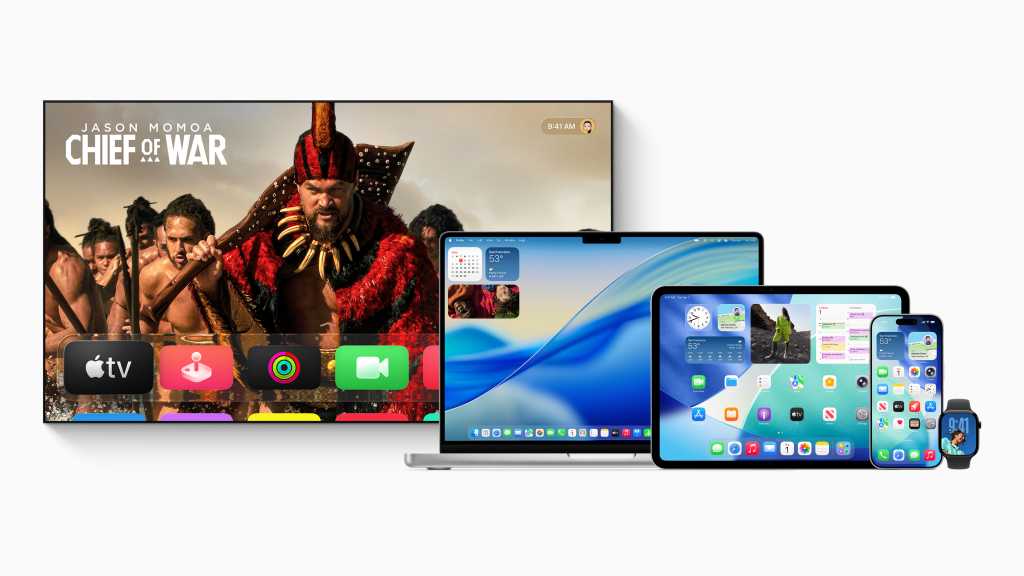
The browser also works in agentic mode for research, analysis, task automation, event planning and more. (These features are only available to fee-paying users at the moment.)
What does this all mean?
First, it means OpenAI is coming for the browser market. That’s a direct challenge to search services, including Google’s, but is also an attempt to become the primary interaction tool most people use every day when they are online. That’s going to equate to market share, of course, but it will also generate vast quantities of data.
If you think about using browsers in a physically contextual sense, that means from the day you first use a computer browser at pre-school to the day you finally close it down for the very last time, you will be giving OpenAI (or some company) lots of personal data, including your likes, dislikes, questions. Over time, your browser will learn who you are, and could eventually become something of a digital twin.


